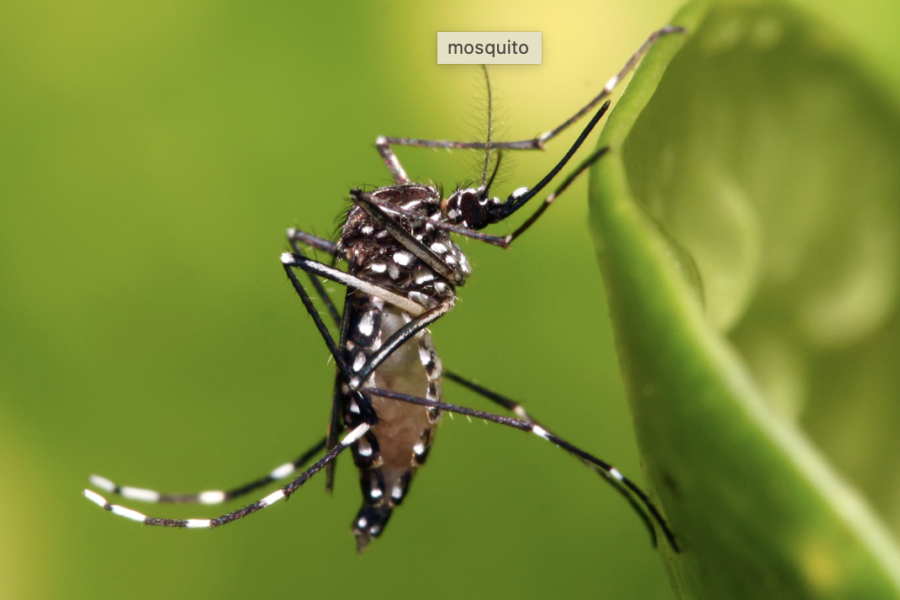Thanks to global warming, the last eight years have been the hottest on record. Now, along with wildfire smoke and stronger storms, climate change may soon deliver to parts of the world yet another unwelcome gift: dengue, a disease so unpleasant to experience that its nickname is breakbone fever.
Higher global temperatures promise to make dengue a major threat in the southern United States, southern Europe and new areas of Africa within this decade, World Health Organization (WHO) Chief Scientist Jeremy Farrar told Reuters. “We need to really prepare countries for how they will deal with the additional pressure that will come … in the future in many, many big cities,” the wire service reported Friday.
A disease carried by Aedes aegypti mosquitos, dengue causes an estimated 100 million to 400 million infections a year, according to the WHO. In recent decades, the disease has been characterized as a “neglected tropical disease,” a problem for people in lower-income countries. But the geography of dengue could quickly shift, and experts have been increasingly voicing concern over how climate change might affect dengue’s spread, and that of other diseases, as well.
In July, WHO official Raman Velayudhan told reporters that global warming and other factors, including the sanitary conditions of growing urban areas, can benefit the mosquitos that carry dengue. Half the world’s population is now at risk, Velayudhan said then. Dengue can cause high fevers and result in, as the name breakbone fever implies, severe muscle, bone, and joint pain. The disease is often asymptomatic and most people recover in about a week, according to the Mayo Clinic. Some patients, however, progress to the worst form of the disease: life-threatening dengue hemorrhagic fever, which can involve shock, internal bleeding, and organ failure, first manifesting in symptoms such as bloody gums, stool, and vomit.
